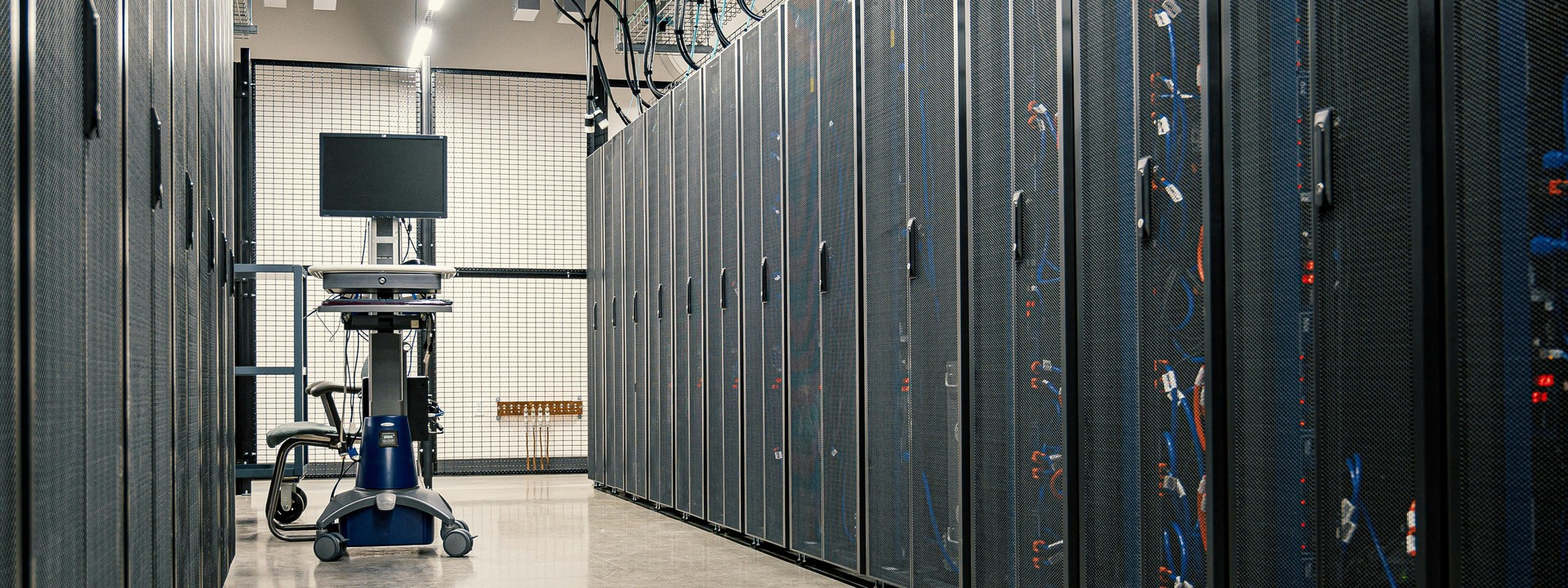Ty’Lin Mitchell came to Lehigh University from New Iberia, Louisiana–that’s a 1,400-mile journey. And Louisiana has not sent many students to Lehigh in the past: In the fall semester of 2024, 71.5% of Lehigh students were from Pennsylvania, New Jersey, New York, and Connecticut. So how did the electrical engineering major hear about the university?
It comes down to the power of teachers—and networking. Ty’Lin had the same math teacher throughout his high school years. When she heard about the Lehigh Commitment (a program that provides full tuition to students whose family income is less than $75,000), she felt it would benefit Ty’Lin and suggested he apply to Lehigh, sight unseen. He was accepted, and as it turns out, his teacher was correct. The second-year student’s first visit to campus was on Admitted Students Day, and he likes it enough that he’s remained on campus this summer as an undergraduate researcher in Javad Khazaei’s INTEGrated, Resilient, and IntelligenT energY systems (INTEGRITY) Laboratory. He’s taking part in the STEM-SI and RARE programs, both designed to introduce undergraduates to research environments. Ty’Lin heard about STEM-SI from Professor of Bioengineering and STEM-SI co-founder Neal Simon, and thought it would be a good learning experience for him as he builds his academic credentials.
Khazaei and his graduate students are mentoring four undergraduate students this summer, and his lab has turned some of its focus to AI and data centers. Ty’Lin’s research area is the quantification of energy consumption in data centers. That means he’s figuring out how a data center uses power, by tracking fluctuations in how much is used and figuring out how the power can be used more efficiently, particularly at a large scale.
Data centers house multiple pieces of hardware, including server racks with IT equipment such as GPUs (graphics processing units), which are essential for AI workloads due to their ability to process massive calculations rapidly, and power and cooling systems. The GPUs used in data centers use significant amounts of energy and can generate a lot of heat, so they require constant cooling. If you run a data center and want to minimize your costs and maximize working time, you’ll want to make sure that the data center is operating at the most efficient temperature–basically not too hot, to avoid cooling costs. As Ty’Lin says, cooling can be “expensive and overly complicated”: various cooling methods have different drawbacks, such as using a lot of space or dramatically increasing costs.
This is where Ty’Lin’s research comes in. He’s looking at “reinforcement learning,” or a machine learning technique that gradually refines a response to an event through trial and error. For example, when the temperature in the data center goes outside of the desired range, a sensor can trigger a cooling mechanism to reduce the temperature. “Reinforcement learning driven air cooling,” Ty’Lin says, can “detect the temperature of the room dynamically and optimize how much energy is being used.”
Ty’Lin works with MATLAB (a programming and computing environment which allows for fast computations of large amounts of data) and uses the Reinforcement Learning Toolbox, a MATLAB training tool, modeling a data center system and training his reinforcement agent to see how the model reacts to different events. Ty’Lin’s main concentration this summer is room-level cooling. The goal is to create an agent that could dynamically cool a room and then expand that to cooling a data center.
Working in the lab feels collaborative to Ty’Lin: although everyone is working on a different project, they help each other out. He started the summer reading research articles and immersing himself in various research papers, and now he’s using Python and MATLAB more and more. He plans to continue his research in the coming semesters, perhaps moving to a more applied aspect (“I’m more of a hands-on kind of guy,” he says) and see where it takes him–maybe he’ll be able to fulfill his childhood dream of working for NASA.
When he’s not in the lab, Ty’Lin plays video games (Rematch tops his list), basketball, and soccer, and sometimes cooks dinner for his off-campus roommates. He has introduced them to a few Louisiana classics, such as smothered chicken, to bring a little bit of home to his college life.

